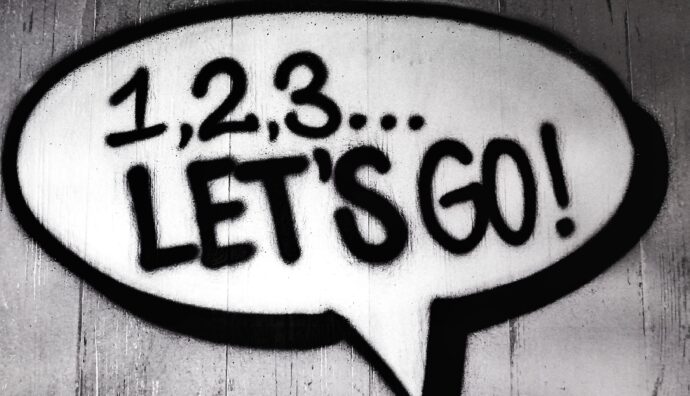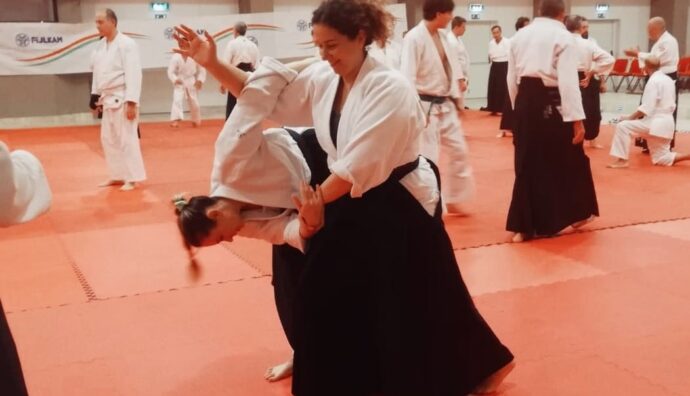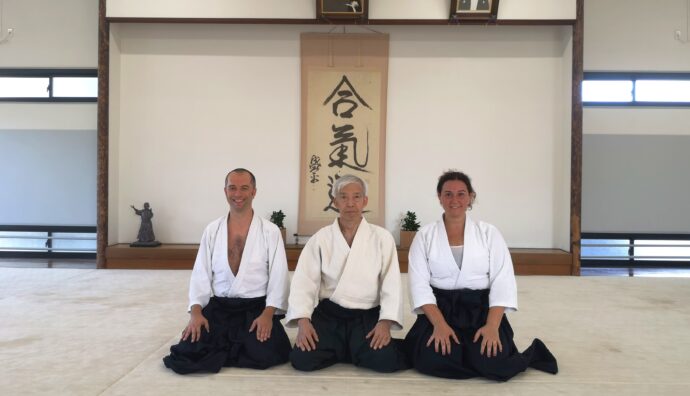Some time ago we wrote a post: Carrot and stick: kumi jo and fourtwelve steps kata. Summarizing, in that post we wrote that what may appear from the outside when looking at jo exercises, especially in relation to the various forms – kata, may sound messy. From the inside it often has the flavor of […]
Jo no kata: what a mess!







